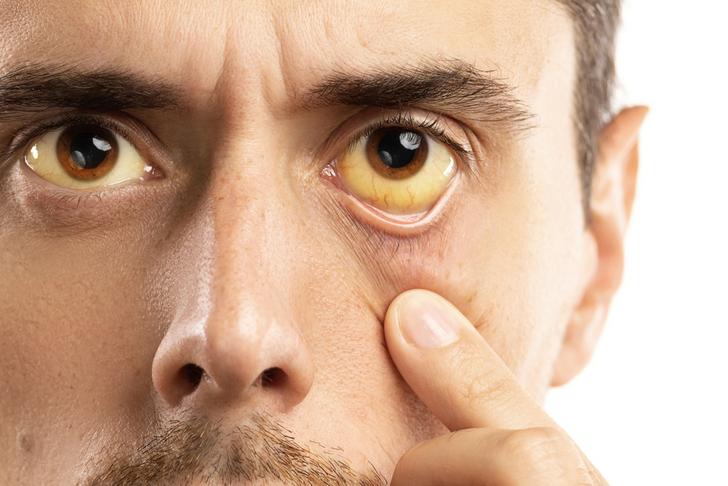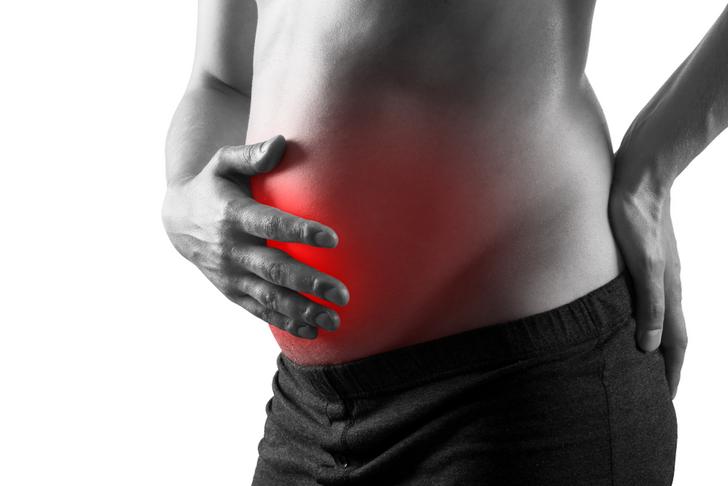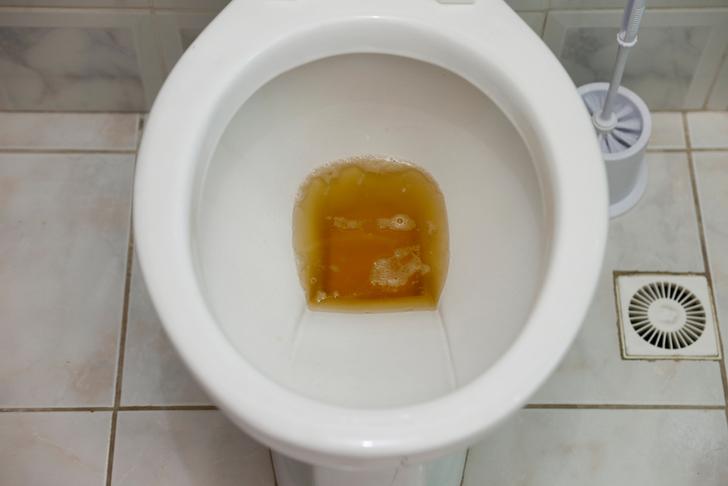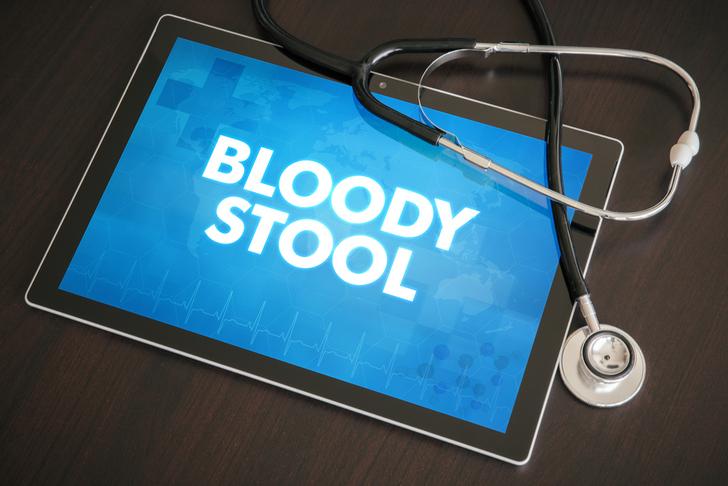10 Symptoms of Liver Damage You Should Know
The liver is a vital organ that performs many essential functions, including detoxifying harmful substances, producing bile to help digest fats, and storing vitamins and minerals. When the liver is damaged, it can lead to a variety of symptoms and health problems. This article will discuss 10 common symptoms of liver damage, their causes, and when to seek medical attention.
Fatigue and Weakness
One of the most common symptoms of liver damage is fatigue and weakness. This can be due to the liver’s reduced ability to process toxins, leading to a buildup of waste products in the bloodstream and causing fatigue[[1]].

Advertisement
Jaundice
Jaundice is a yellowing of the skin and eyes caused by a buildup of bilirubin, a yellow pigment produced when red blood cells are broken down. When the liver is damaged, it may not be able to process bilirubin properly, leading to jaundice[[2]].

Advertisement
Abdominal Pain and Swelling
Liver damage can cause abdominal pain and swelling, particularly in the upper right part of the abdomen. This can be due to inflammation or enlargement of the liver, or the buildup of fluid in the abdominal cavity (ascites) as a result of liver dysfunction[[1]].

Advertisement
Dark Urine
Dark urine can be a sign of liver damage, as the liver may not be able to properly process bilirubin, causing it to be excreted in the urine and giving it a dark color[[2]].

Advertisement
Pale or Bloody Stools
Liver damage can cause pale or bloody stools, as the liver may not be able to produce enough bile to give stools their normal brown color. Additionally, liver damage can cause bleeding in the gastrointestinal tract, leading to bloody stools[[3]].

Advertisement
Loss of Appetite and Weight Loss
Liver damage can cause a loss of appetite and weight loss, as the liver may not be able to produce enough bile to help digest fats, leading to a reduced ability to absorb nutrients[[1]].

Advertisement
Nausea and Vomiting
Nausea and vomiting can be symptoms of liver damage, as the liver may not be able to properly process toxins, leading to a buildup of waste products in the bloodstream and causing nausea and vomiting[[2]].

Advertisement
Itchy Skin
Itchy skin can be a symptom of liver damage, as the liver may not be able to properly process toxins, leading to a buildup of waste products in the bloodstream and causing itching[[3]].

Advertisement
Swelling in the Legs and Ankles
Liver damage can cause swelling in the legs and ankles, as the liver may not be able to produce enough proteins to maintain the proper balance of fluid in the body, leading to fluid retention and swelling[[1]].

Advertisement
Confusion and Memory Problems
Liver damage can cause confusion and memory problems, as the liver may not be able to properly process toxins, leading to a buildup of waste products in the bloodstream and affecting brain function[[2]].

Advertisement
Conclusion
In conclusion, liver damage can manifest in various ways, and awareness of these symptoms is essential. If you experience any of these symptoms, it is crucial to seek medical attention, as early detection and treatment can help prevent further liver damage and improve your overall health.
Additionally, it is essential to note that various types of liver diseases can present with these symptoms. Some common liver conditions include hepatitis, cirrhosis, non-alcoholic fatty liver disease, and liver cancer. Each of these conditions may require different approaches to diagnosis and treatment, making it essential to consult a healthcare professional if you suspect liver damage.
Moreover, certain risk factors may increase your chances of developing liver problems, such as excessive alcohol consumption, obesity, exposure to certain chemicals and toxins, and a family history of liver disease. By being aware of these risk factors and mitigating them, you can help protect your liver and maintain good overall health.
In terms of treatment, depending on the root cause of the liver damage, your healthcare provider may recommend specific medications, lifestyle changes, or even surgery if required. Lifestyle changes include reducing alcohol consumption, following a healthy diet, and maintaining regular exercise. For those with liver damage due to diseases such as hepatitis C, antiviral medications may be prescribed to help clear the virus and prevent further damage to the liver.
Dietary advice for people with liver damage or conditions generally involves consuming a well-balanced diet high in fruits, vegetables, and whole grains, while limiting unhealthy fats, processed foods, and excessive sugars. Drinking ample water and staying hydrated can also help maintain liver health. In some cases, a dietitian may provide a tailored diet plan and supplements to aid in managing liver disease.
It is worth emphasizing that if you experience any symptoms of liver damage, early detection, and intervention are crucial to minimize the potential for severe health issues. Engaging in regular medical check-ups, being attentive to changes in your body, and adopting a liver-friendly lifestyle are proactive steps that will promote liver health and overall well-being.

Advertisement





